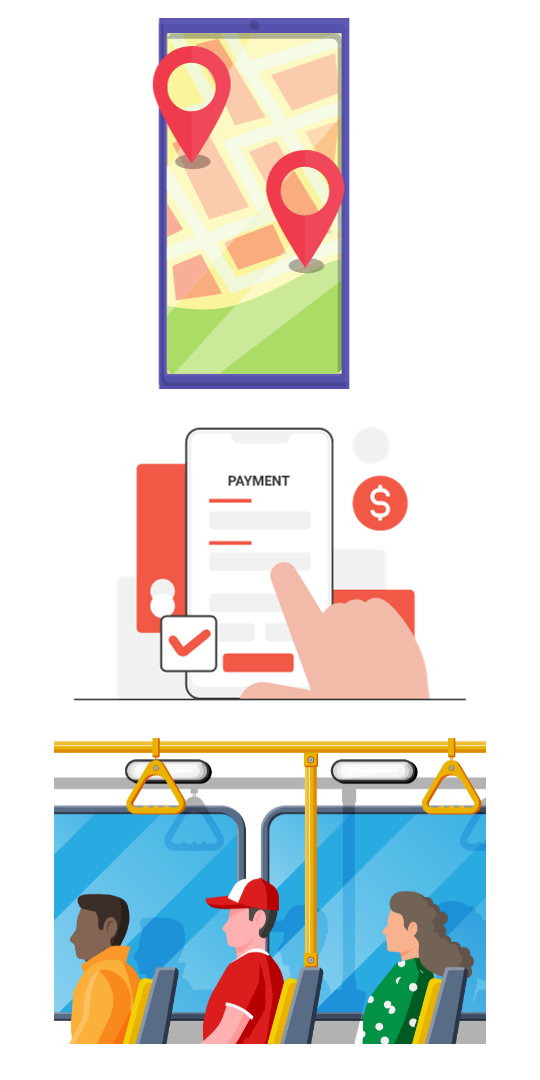
Education
Introduction to Education
Education is one of the key areas in which young people will often experience multiple transition moments. This is especially apparent due to the new Additional Learning Needs and Tribunal Act 2018. This change from 0-25 Specialist Educational Needs 2013 to Additional Learning Needs 2018 is the transition of systems, often called SEN to ALN. In this next section, there will be a key focus on the new system, how this relates to young people/ families and the duty of mainstream schools, specialist schools and further educational institutes. Commonly the word “children” relates to 3-15 and “young person” 16-25 within this context.
Types of Educational Settings:
Mainstream – schools that will have neurotypical and neurodiverse pupils learning together. Often schools will have a select number of specially trained staff who will support pupils who require additional learning provisions.
Specialist – all staff are trained to support pupils with additional learning provisions, all pupils will have an individual development plan.
Home education – guardians can teach pupils outside of a typical school setting, often at home or within home-education groups, guided by the local authority.
Pupil referral unit – alternative settings where pupils with multiple complex support needs can learn.
Accessing Support in School
Within educational settings, there will be universal and target provisions that will be available to students. Universal provision and early intervention will be available to all students who are experiencing barriers to achieving their potential. This type of support may vary from setting to setting, families can talk to their school about what is available.
Specialist provisions are available only when there has been an identified additional learning need that requires support beyond universal provision. This is called an additional learning provision (ALP) and calls for an individual development plan (IDP).
Every school institute will have an allocated additional learning needs coordinator (ALNCo). These teachers are usually the first people to talk to about finding help and support within a school setting. If you would prefer not to talk to your ALNCo, receive home education or are educated at a pupil referral unit, you can get in touch with the education department at the council :https://www.gov.uk/find-local-council
Individual Development plan (IDP)
An individual development plan is a legal document that is created for learners who have an identified additional learning need which has a required individual learning provision. This document should be a person-centred document outlining the learners needs, outcomes and the duty to assist the learner by different organisations. More information can be found here on the welsh government website: https://www.gov.wales/additional-learning-needs-transformation-programme-frequently-asked-questions-html#52873 . Also, Cardiff educational services have created a helpful “how to complete each section guide” which can be found here .
Under the new legislation, Independent Development Plans (IDPs) will replace the “school actions” and “statements”. These plans will be person-centred and will be continuously updated as a single point of reference.
It is important that families understand and know about the new changes for people with support needs. The following link will support you in understanding key changes and processes within education. There are a few different documents for young people, parents and professionals:
https://gov.wales/additional-learning-needs-special-educational-needs
The Additional Learning Needs Code is published by the Welsh government to help people understand the legislation. The code alongside the new act provides statutory guidance for meeting the needs of young people.
Reviews
Review meetings must take place 12 months from the creation or previous review of the IDP. Reviews are an opportunity for professionals, families and young people discuss the current plans in place to support people with additional support needs. Any professional or important person to the individual can be invited to the meeting. The meeting must be at a time that suits the family and be inclusive of the needs of the individual. Families, local authorities, educational institutes or NHS professionals can call a meeting whenever if they feel that there has been a significant change in circumstance.
Education Tribunal
Education Tribunal for Wales (ETW) is an independent tribunal funded by Welsh government. This organisation will help resolve disputes over the provision of educational support and claims of discrimination. Their website has a range of resources for parents and young people in their publications section: https://educationtribunal.gov.wales/about
Post-compulsory school age
Some young people will finish school at 16 and go onto a post-16 placement such as college, a traineeship or an apprenticeships. Young people in a specialist educational placement may have the option to stay until the year of their 19th birthday. After finishing compulsory school age, young people who require an independent specialist post-16 institute are able to apply for funding to access a placement. More information can be found on this here at the government website: https://www.gov.wales/additional-learning-needs-and-education-tribunal-wales-act-2018-guidance-local-authorities-interim#100545
Transport
Transport can be provided through local authorities for students up to compulsory school age, however there are criteria that families must meet. These can be found on each local authority’s website:
We need your help
We need your support to help us develop our information space. We ask that if you want to add any information or give us some feedback, please send us a message.






